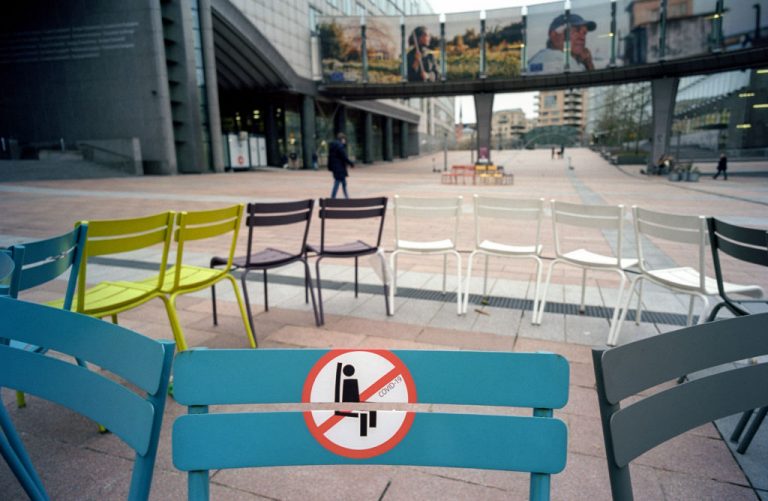The European Union will remove individuals from the registrar of fully vaccinated individuals every nine months unless they continually accept a new booster injection of a Coronavirus Disease 2019 (COVID-19) vaccine.
The European Commission made the announcement on Dec. 21 when it broadcast the adoption of altered rules for the EU Digital COVID Certificate as “establishing a binding acceptance period of 9 months (precisely 270 days) of vaccination certificates for the purposes of intra-EU travel.”
The EC postured their decision “will ensure restrictions are based on the best available scientific evidence as well as objective criteria.”
The Commission praised its vaccine passport system as “a success story of the EU” that “continues to facilitate safe travel for citizens across the European Union.”
A nine month time for booster acceptance was based on pre-Omicron Nov. 24 policy set by the European Centre for Disease Prevention and Control (ECDPC), which called for a booster injection campaign targeting those aged 40+ “at least six months after completing a primary vaccine schedule.”
Success
You are now signed up for our newsletter
Success
Check your email to complete sign up
The ECDPC further stated that, “Booster doses will sustain transmission control beyond the immediate impact of implementing NPIs. [non-pharmaceutical interventions; e.g. lockdowns, social distancing, masking]”
The EC added a three month “grace period” in addition to the six month recommendation “to ensure that national vaccination campaigns can adjust and citizens will have access to booster doses.”
The text of the EU’s vaccine passport legislation passed in June stated in Paragraph 1, “Every citizen of the Union has the fundamental right to move and reside freely within the territory of the Member States,” but added the caveat “subject to the limitations and conditions laid down in the Treaties and by the measures adopted to give effect to them.”
In Paragraph 6, the caveat was elucidated, “Member States may, in accordance with Union law, limit the fundamental right of free movement on grounds of public health.”
According to a EU website, the COVID Certificate is a QR-code based system that also allows for proof of previous infection or a recent, negative test result, and is designed so that holders “should in principle be exempt from free movement restrictions” while traveling within the Union’s member states.
“The EU Digital COVID Certificate should facilitate free movement inside the EU. It is not a pre-condition to free movement, which is a fundamental right in the EU,” states the page, which adds that “without a certificate, you might however be subject to restrictions like testing or quarantine.”
While the EU’s central vaccine passport only appears to affect what measures travelers are subject to when arriving in member states, countries such as France, which utilize a vaccine passport to gate access to non-essential businesses and recreational activities, enacted a November edict on Dec. 15 that those over 65 who do not accept a booster injection within seven months of their last dose will return to persona non grata status.
Le Monde estimated at the time that the number of citizens slated to lose their status was in the range of 400,000.
The article also noted the edict will apply for citizens aged 18 to 64 on Jan. 15, 2022.
Since the Omicron Variant has both become the dominant strain of SARS-CoV-2, the virus that causes COVID-19, and almost entirely escapes vaccine-induced antibodies, it is likely that fully vaccinated status passport adherents will be faced with a tough choice in Q1 2022 when Big Pharma releases a new injection targeting Omicron.
In a Dec. 8 press conference held by Pfizer and BioNTech, BioNTech CEO Ugur Sahin told reporters, “Particularly with the data now coming for the Omicron variant” that it was “very clear” that an Omicron-specific inoculation would need to be three doses.
This would put individuals who take a booster now and are required to take a separate three dose course of an Omicron injection early next year at six injections to maintain their social status.

















